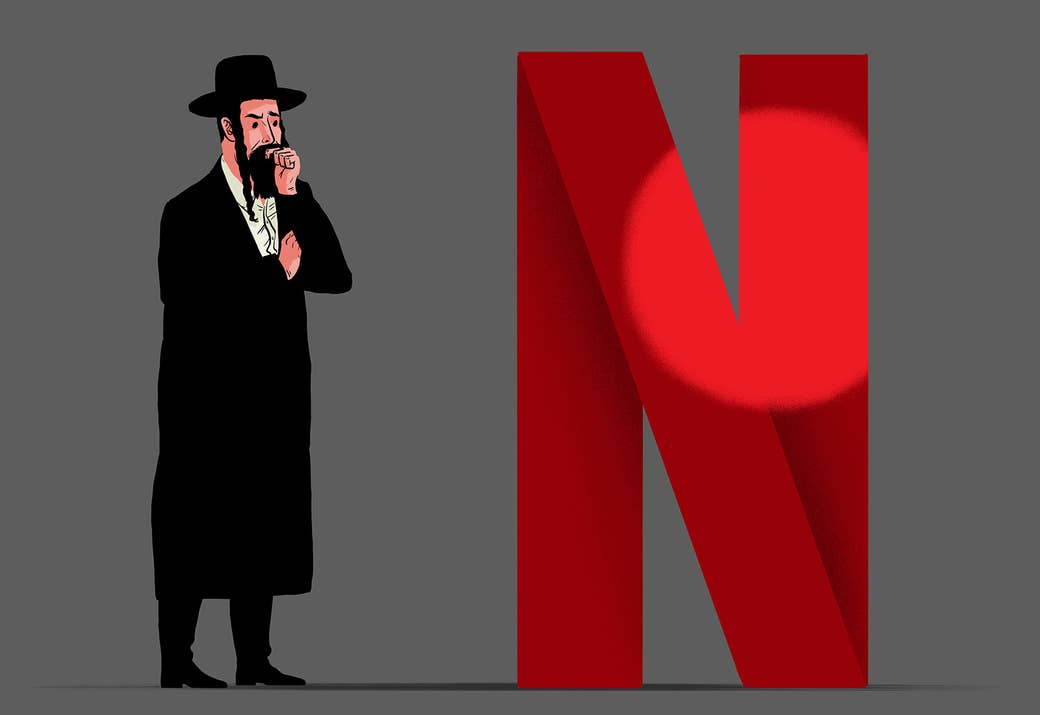
For years, Roselyn Feinsod has told colleagues she is available “24/6.” The seventh day is the Jewish Sabbath, when the Ernst and Young executive, along with the other members of her community in Monsey, New York, is commanded by religious law to rest, eat, and pray.
Feinsod’s life, as she sees it, is a happy balance between the demands of the secular world in which she works and those of the devout world in which she lives. On her LinkedIn page — her social media of choice — Feinsod shares photos of her Orthodox women’s cycling group, insights from the world of human resources consulting, and proud posts about her son, a rabbi and first year at Yale Law School.
Over the summer, Feinsod did something for the first time: She posted in anger. An old friend of hers, whom Feinsod knew as Talia Hendler but whose name is now Julia Haart, had become the CEO of Elite World Group and the star of a hit reality show on Netflix. My Unorthodox Life is about Haart’s break with her community and her professional success. It uses Monsey as a foil to celebrate Haart’s various liberations: geographical, material, emotional, sexual. Since its July release, My Unorthodox Life had been the talk of Haart’s old community — where many residents do not watch television, for religious reasons. When she streamed the show, Feinsod hardly recognized what she saw. She felt that the show’s depiction of Monsey as a monolith of backwardness and repression bore no resemblance to either her life or the life she had seen Haart live for three decades.
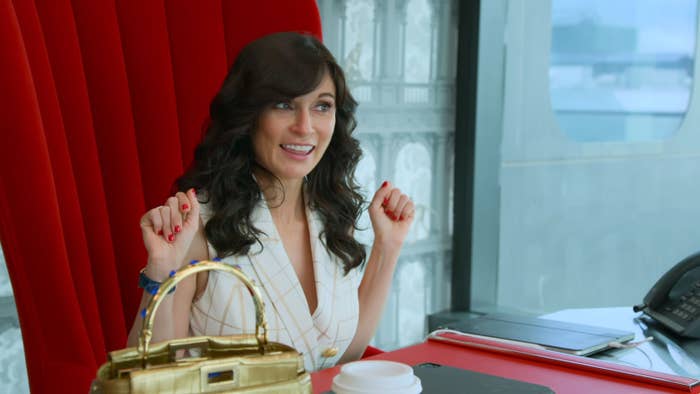
On her LinkedIn page, Feinsod denied that all of Monsey was a “fundamentalist community,” and accused Haart of sensationalizing her experience in order to fit a neat media narrative about benighted Haredi women. “Shame on Netflix for continuing to attack Orthodox Jews in show after show,” she wrote.
“Shame on Netflix for continuing to attack Orthodox Jews in show after show.”
In a statement to BuzzFeed News, Haart vigorously denied the claims. "It's sad that rather than advocate from within to change a repressive society that denies women the same rights and education as men, there are members of the community who continue trying to suppress the truth," she wrote. "The fact that I am now forced to defend my own life story is a perfect example of how repressive this society is."
These are boom times for stories about ultra-Orthodox, or Haredi, Jews. Before My Unorthodox Life, which has already received a renewal for a second season, there was the early-pandemic hit Unorthodox, a Netflix drama inspired by Deborah Feldman’s bestselling memoir about a young woman fleeing the Satmar community in Brooklyn. And before Unorthodox, there was Shtisel, the 2013 Israeli soap opera that became such a sensation after it arrived on Netflix in 2018 that its creators made a third season. An American show inspired by Shtisel and directed by Kenneth Lonergan is in the works. So too is Diamonds, ordered by Netflix for a 2022 premiere and set among the Haredi Jews of Antwerp, Belgium. (The Get, a feature film written by Taffy Brodesser-Akner based on a GQ feature about an ultra-Orthodox rabbi who became famous for his extreme methods in obtaining religious divorces from intransigent husbands, was also announced last fall.)
The shows range widely in tone and perspective. Shtisel, for example, is a gentle drama about the relationship between a hidebound but loving Haredi father in Jerusalem and his son, a young rabbi who yearns to be a painter. It strenuously avoids judging its subject matter. Meanwhile, critics have applauded Unorthodox for its “intensity, cultural specificity and psychological acuity” in telling the story of Esty, a stifled Haredi wife who escapes to Berlin to pursue her musical dreams.
But many of the shows have received criticism from Orthodox Jews for focusing on unflattering aspects of Haredi life, and in particular on people who leave their communities. This has led some in the Orthodox world to grapple with the thoroughly modern issue of representation in popular entertainment. It’s a question that other minority groups in the United States have struggled with, painfully, for decades. But in the case of ultra-Orthodox communities, many of which define themselves by their distance from or rejection of the secular world, it becomes even more complicated. What does it mean to accurately represent a group that barely participates in its own representation?
Netflix has famously built itself into a 214-million subscriber, $300 billion entertainment behemoth on the strength of its algorithm, which studies the content we watch and directs us to content it predicts will keep us watching. This content exists in an enormous matrix of categories — tens of thousands of microgenres like “Imaginative children & family movies from the 1980s” and “Romantic social issue dramas.” The sociologist David Beer has referred to the way the consumption of microtargeted entertainment shapes the way we see the world as “the classificatory imagination.” (Netflix declined to provide comment for this story.)
Shtisel, Unorthodox, and My Unorthodox Life became Netflix hits in vastly different ways: Shtisel was a foreign rights acquisition, Unorthodox was a Netflix Original four-part limited drama series inspired by a bestselling memoir, and My Unorthodox Life is a polished reality show from the producers of Bling Empire. But together they have brought Haredi Jews — like many other minority groups before them — firmly into the contemporary classificatory imagination. And the algorithm seems to be saying that the secular world wants to know more and more about them.
“Maybe it’s a wake-up call,” Feinsod said. “Maybe if we don’t manage our message, our message will be managed for us.”
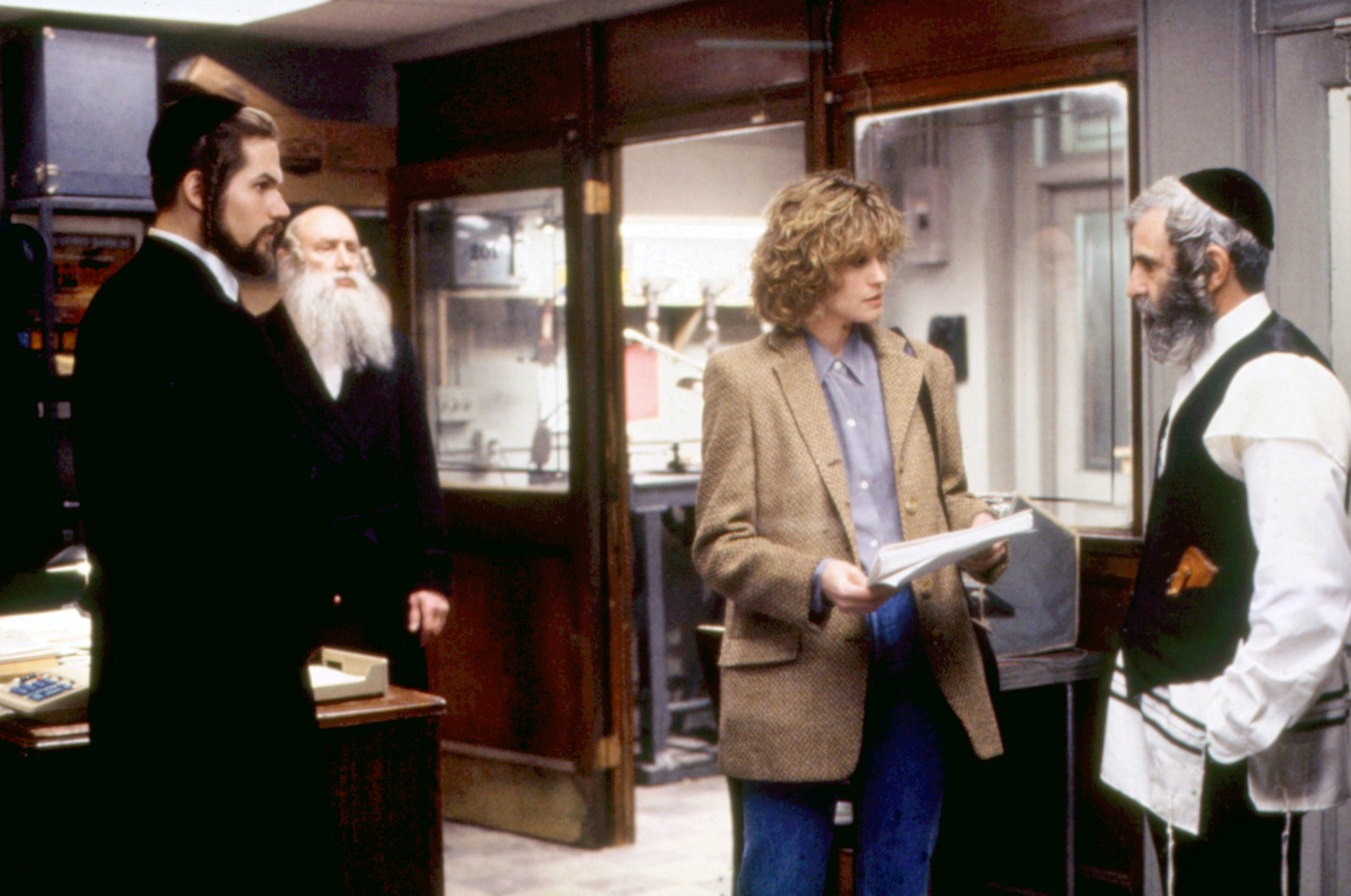
Popular entertainment about Haredi Jews isn’t new, and it’s often made by secular Jews. According to Shaina Hammerman, the associate director of Stanford’s Taube Center for Jewish Studies and the author of Silver Screen, Hasidic Jews: The Story of an Image, these depictions date back at least to the early days of secular Yiddish theater in 19th-century Eastern Europe.
What is new, however, is the desire to tell and the appetite to consume hyperspecific stories about actual Haredi communities. So too is the level of cultural particularity 21st-century audiences demand. Today’s depictions are a far cry from an extravagantly bearded Gene Wilder teaching frontier Native Americans how to dance the horah in The Frisco Kid, or Melanie Griffith seducing a hunky yeshiva student (described in a 1992 Entertainment Weekly review as “the Rob Lowe of Jewish learning”) in Sidney Lumet’s A Stranger Among Us. They feature accurate dress, a close eye to plausible behavior, and a strong ear for Yiddish as it’s actually spoken.
“Shtisel and Unorthodox took it upon themselves to claim authenticity,” said Alexa Karolinski, the co-creator and cowriter of Unorthodox. “That’s what has changed. That’s a larger trend in content generally. Millennials and Gen Z expect authenticity more than boomers. It is expected today that stories are told more from the inside out.”
Though the entertainment industry is still led by mostly white, male executives, an ever-greater proportion of its content is made by, and stars, members of traditionally underrepresented groups. Here, the streaming companies — and Netflix in particular — have been ahead of the rest of the industry. But for shows about Haredi Jews, this level of authenticity can’t be achieved with Haredi showrunners and Haredi actors — because outside of entertainment made within and specifically for those communities, they largely don’t exist.
Instead, these shows rely on a small network of ex-Haredi actors and consultants. Eli Rosen, who grew up in a Haredi community in Borough Park, Brooklyn, worked on Unorthodox. As a child, Rosen would sneak down to the basement at night so they could watch the television their parents kept locked down there.
“I would consume all this content that portrayed other minorities,” they said. “That was my entrée into other cultures. I had no access to diverse friends or life experiences. I took everything at face value.”
One night, Rosen saw a TV cut of A Stranger Among Us and was mortified by its clunkiness: the mishmash of Yiddish and Hebrew, the stiffness of the characterizations, and the implausible plot, in which the rebbe invites a female NYPD detective to live with him in order to solve a murder.
“I saw this and it made me question everything,” Rosen said. “That’s when I first realized that representation really fucking matters. I filed that away.”
Advisers like Rosen answer questions — would an ultra-Orthodox man kiss his wife on the front stoop after coming home from work, for example? Of course not — and help fill out casts with extras who live on the fringes of Haredi life, some of whom are in bad financial circumstances and need the work. Like many ex-Haredi Jews, these consultants maintain some contact with their families; they take the high-wire act of cultural translation seriously.
“I feel an obligation to my old community to get these things right,” said Malky Goldman, an ex-Haredi actress who has consulted on dozens of film and television projects, including Unorthodox, in which she also plays a supporting role. Her rate starts at $250 to read a script, but Netflix and HBO are known to pay significantly more for more in-depth consulting. Goldman said her work as an adviser is as much about fleshing out the inner lives of Haredi characters as it is about getting details right. (Though these are important, too. Goldman, for example, insisted on shirts for the Haredi men on the show with buttons on the left, as opposed to secular men’s shirts, which have buttons on the right.) That includes, she said, depicting the positive aspects of her old community as well as the negative ones.
“I want to see the beautiful Shabbos dinner, but also the choking of freedom and individuality,” Goldman said. “It’s so much harder to show a community that people stay rather than people leave.”
Netflix is streaming to over 200 million people. Most people have never met and will never meet a Jew let alone an Orthodox Jew.
But because narratives of Haredi Jews who have left their communities are the easiest to find, their stories are inevitably overrepresented. That’s a complaint common among Orthodox Jews who engage with the secular world, and who worry perhaps more than their most closed-off coreligionists about their depiction. The new shows capturing the public’s attention may feature accurate details and stories based in reality, but they only represent a sliver of Haredi life. In turn, this sliver comes to represent the whole of Haredi Judaism in the algorithmically driven classificatory imagination.
“We do the worst job at PR,” said Allison Josephs, the founder and executive director of Jew in the City, a nonprofit dedicated to fighting stereotypes about Orthodox Jews. “No one sees all the normal.”
Indeed, what even sophisticated secular audiences know about the ultra-Orthodox comes largely from alarming news stories. There are the scandals — child molestation, voter fraud, school district fiascos, and civil disobedience — which underscore the way insularity can create the conditions for abuse. And then there are reports of escalating antisemitic attacks, mostly in New York, which underscore the way these communities are made vulnerable by their visibility. This connection, between being seen and being exposed or harmed, contributes to the unease in some Orthodox communities about how they're being depicted in popular culture. So, too, does the idea that the negative portrayal of even an unrepresentative sect of a small minority is bad for all the members of that minority.
“There are 8 billion people in the world,” Roselyn Feinsod said. “There are 15 million Jews, 2 million of whom are Orthodox. Netflix is streaming to over 200 million people. Most people have never met and will never meet a Jew let alone an Orthodox Jew. That’s a problem when you make the whole narrative negative.”
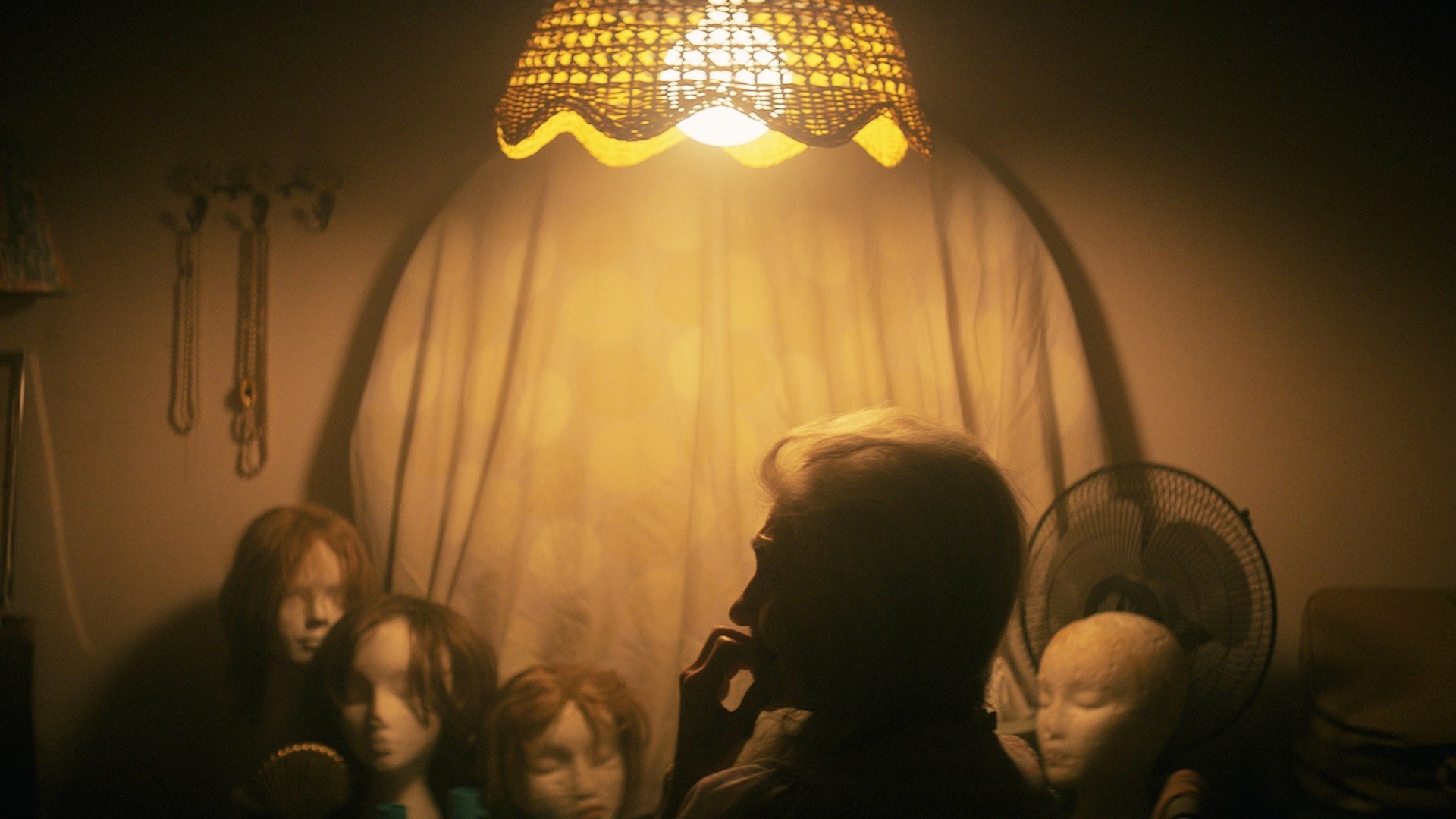
There are recent counterexamples, including 2017’s Menashe, a quiet and touching film about a Haredi widower in Brooklyn who doesn’t want to remarry, and 2019’s The Vigil, a horror film about a malevolent spirit that haunts the body of a dead Haredi man. But these films — which embed their conflict within ultra-Orthodox communities instead of against them — have gained hardly a fraction of the attention of the recent streaming hits.
“My problem isn’t the existence of these shows,” said Raphael Margules, who coproduced The Vigil through his company BoulderLight Pictures and is himself modern Orthodox. “It would just be nice if there were other types of representation that weren’t completely venomous. You walk away from these shows thinking religious people are completely fanatical.”
Even some ex-Haredim share these concerns. Rebecca Blum grew up in New Square, New York, home to perhaps the most restrictive and cloistered Jewish community in the country. She left New Square, where men and women walk on different sides of the street, four years ago.
“You walk away from these shows thinking religious people are completely fanatical.”
“It was misogynistic, and I’m a feminist,” Blum said. “I didn’t feel respected or recognized by the men in my community.”
Blum is now a college student in New York, pursuing fulfillment in the secular world. Yet she worries that the vast majority of secular audiences can’t draw distinctions between different Jewish communities, let alone different Orthodox ones.
“When people watch Escaping Polygamy on TLC, they know it’s not every church, it’s not all Christianity,” Blum said. “There are so many denominations of Jews. They tend to lump everyone together. These shows affect the Jewish people as a whole. It’s not fair to the rest of the Jewish people for it to be just for entertainment.”
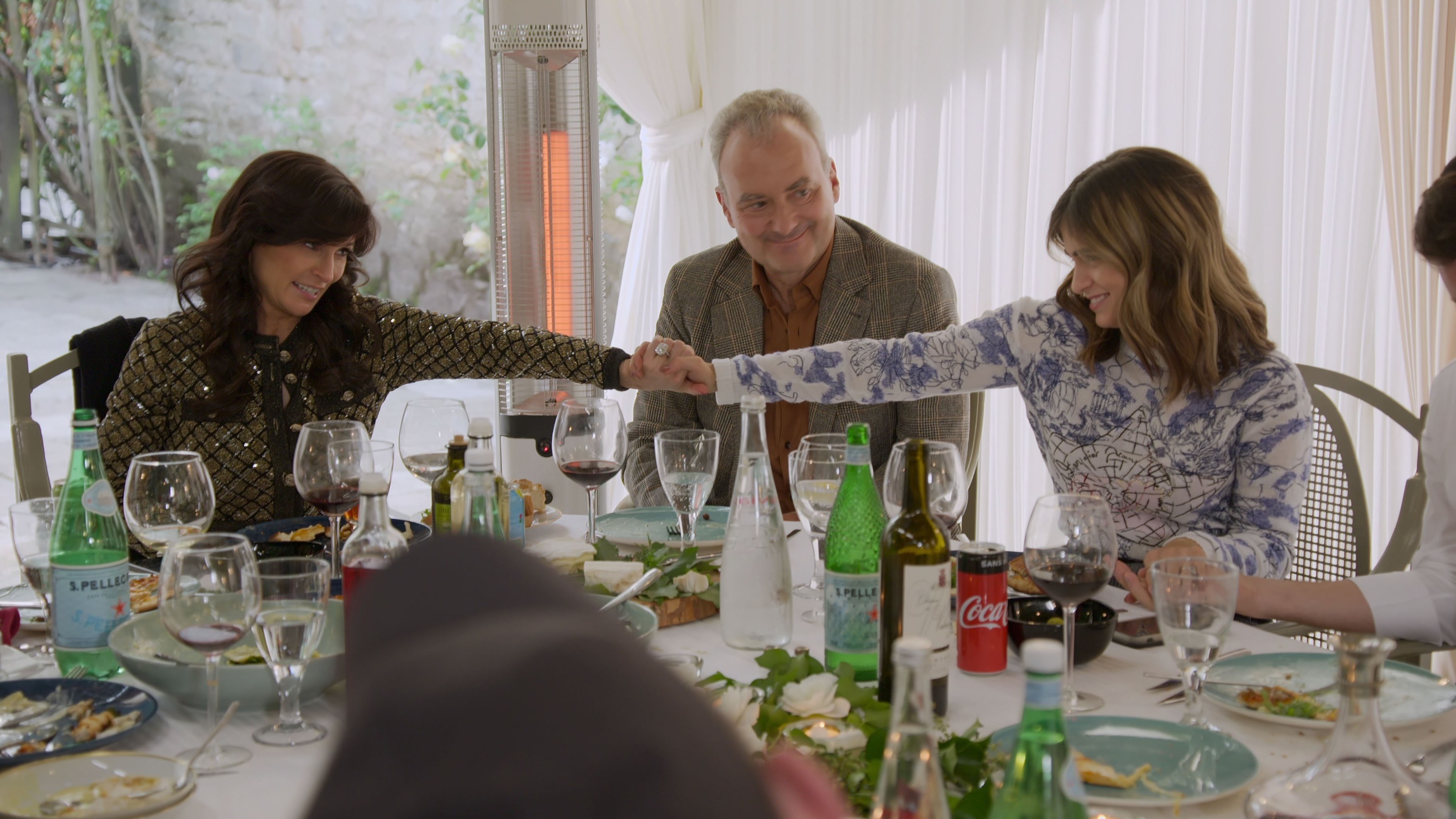
A show like My Unorthodox Life is a case in point. Modern audiences know that reality shows are nearly as contrived as fictional narrative ones. In that context, there’s nothing particularly strange about Julia Haart’s bombast in her quest, according to a former Elite employee who spoke to Page Six, to become a “Jewish Kardashian.” It’s the nature of reality TV. But the same audiences have little to no frame of reference for Haredi life — in their experience or in popular culture — against which to compare Haart’s story.
This past July, Haart spoke out about the criticism she’s received, asking critics to watch the show before judging her and saying, “If someone watches the show … it’s going to be really hard for someone to say I don’t mention anything positive.”
Even though representations of the ultra-Orthodox have become more sophisticated, these exaggerations exist on a spectrum with outright falsehoods. Recently, Jewish groups protested a February episode of the NBC show Nurses in which an Orthodox Jew angrily refuses a bone graft from an Arab or a female cadaver.
“Are there Orthodox Jews who look down on non-Jews and Arabs? You betcha,” Josephs wrote on the Jew in the City website at the time. “And are there Orthodox Jews who are misogynists? Unfortunately, yes for that one too. But the idea that such a surgery would be problematic in general or problematic because of where the bone came from not only is categorically false according to Jewish law, it is a vicious lie.”
"They’re touching a community they know so little about.”
In response to the outcry, NBC pulled the episode. Josephs said she thought such an offensive mistake could have been avoided if Orthodox Jews had the equivalent of the Muslim Public Affairs Council’s Hollywood Bureau, which was founded in 2007 to work with studios to help create “multi-dimensional portrayals of Islam and Muslims.” But, Josephs said, her community is a long way from achieving that, in part because of secular brethren who she believes hold the ultra-Orthodox in contempt.
Josephs said one of the main issues is the number of people who share a religion with Haredi Jews, and who might therefore feel that they have some insight into those communities, despite actually knowing very little about their traditions and practices. Or, as she put it — invoking a stereotype that is, ironically, also common in antisemitic rhetoric — “The problem is we’re facing so many Jews in Hollywood." She added, "They’re touching a community they know so little about.”
According to Shaina Hammerman, Josephs may be on to something. Portrayals of Haredi Jews by secular Jews have long revealed just as much about the cultural anxieties of the latter as the day-to-day lives of the former. “It affirms their choice to not be religious while allowing them to lay claim to religious Jews as their history,” Hammerman said. “We don’t want to be these people, but we want to preserve them.” This dynamic gives secular Jews a serious amount of power to define how Haredi Jews will be preserved in the broader, algorithmically driven classificatory imagination.
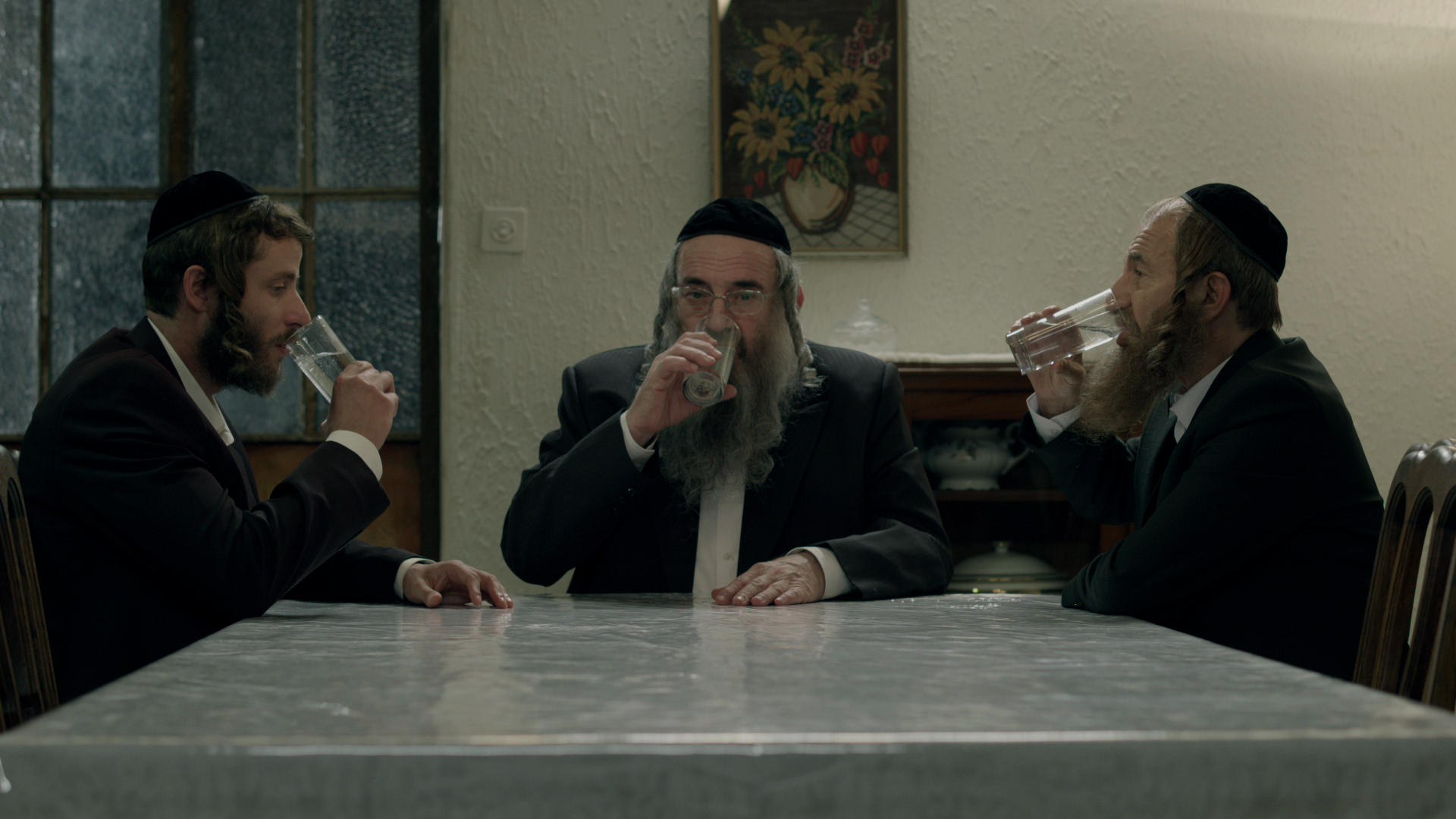
Much of the American popularity of Shtisel, as the journalist Peter Beinart wrote in the Atlantic in 2019, was driven by the “rapturous” response of secular Jews. And it’s true that many American Jews may have found in these shows a safer way to engage with their cultural past than through the contested forms of political Judaism that have captured parts of the digital zeitgeist (though Orthodox Jews are quick to detect a note of condescension in this stance).
Still, you don’t climb the Netflix charts, as Unorthodox and My Unorthodox Life did, by only appealing to American Jews, who are 2% of the population. American audiences are hungry for compelling content from foreign cultures — just look at the success of the Netflix show Squid Game. In the fear that worldwide audiences can’t make fine distinctions between different Jewish communities, critics of the recent crop of shows may have lost sight of how universal some of their experiences are. Shtisel, for all of its trappings, is a soap opera with themes as old as storytelling: star-crossed love, frustrated ambition, intergenerational conflict. So, too, does Unorthodox tell the story of a young person finding herself by leaving the values of her childhood behind.
“We underestimate how much of this earth feels oppressed by their religious community, or for any other kind of reason,” said Karolinski, Unorthodox’s co-creator. “The fact that so many people have loved it from so many religions goes to show this is not just about Jews and not just about this specific community.”
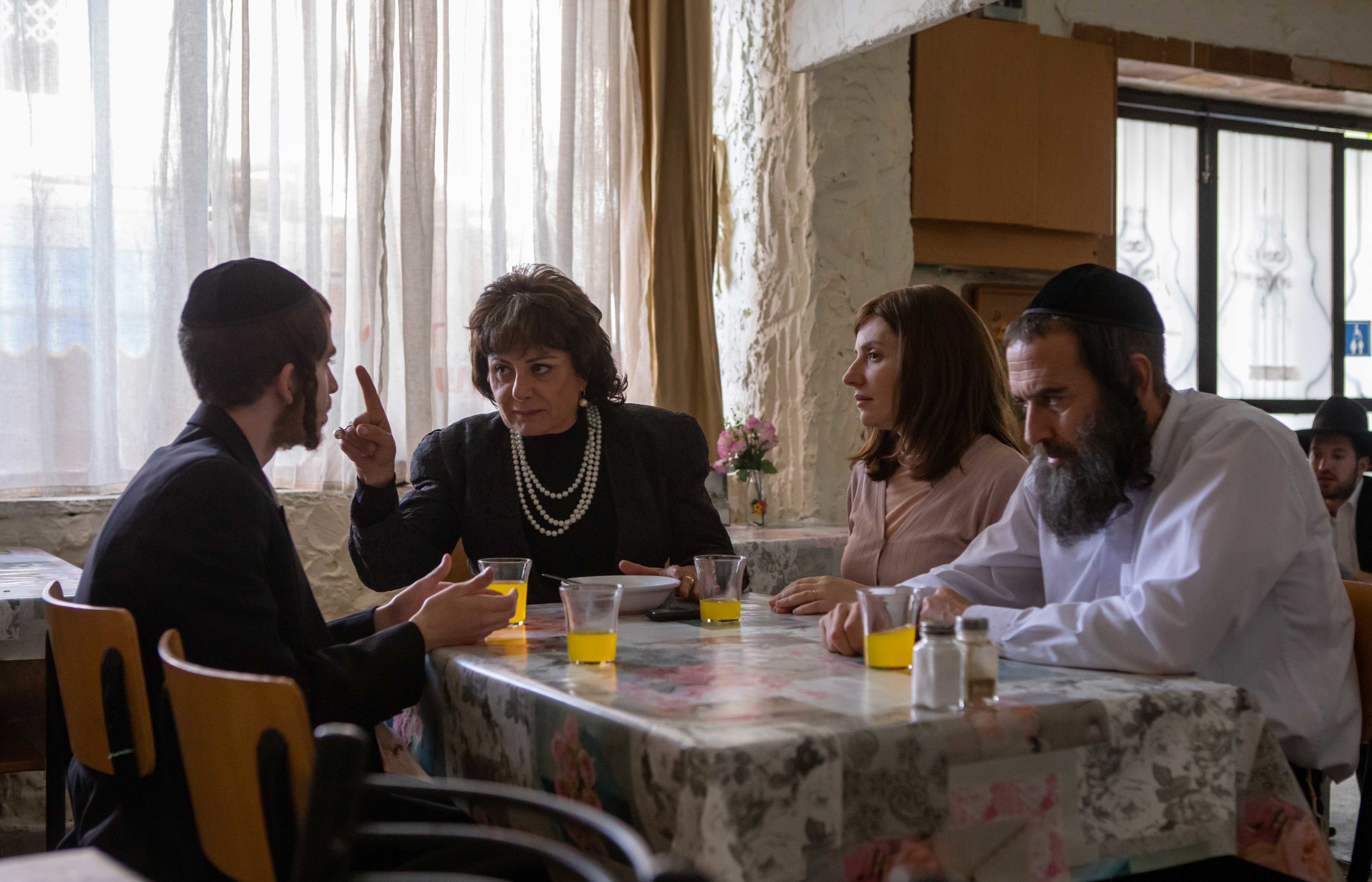
At the same time, because the conflict in all of these stories — even Shtisel’s — comes from the clash of strong-willed individuals against their inflexible communities, they unavoidably present Haredi communities as unchanging. Here, a fetish for the accuracy of cultural details may miss a broader reality: Haredi communities are evolving. They are growing in the United States faster than other forms of Judaism. And while they may hold technological modernity at arm’s length, they are nevertheless shaped by it. Some Haredi communities use digital technology for entertainment, some use it for political organizing, some use it for religious outreach, some use it for business, and others simply use it in secret.
After the premiere of My Unorthodox Life, hundreds of Orthodox women posted stories of their personal and professional accomplishments to Facebook, Instagram, and Twitter under the hashtag #MyUnorthodoxLife. Though these women may have been defending their communities, the fact that such a digital campaign existed at all was remarkable, according to Jessica Roda, an anthropologist and ethnomusicologist at Georgetown.
“By revealing their faces and voices to the general public, these women contradict their invisibility in ultra-Orthodox media, implicitly defying religious authority,” Roda wrote in September in the Conversation. The campaign, Roda said, reflected a broader “crisis of authority” in these communities.
Even in places like New Square, where secular culture is well beyond the pale, the powers that be can’t fully exclude digital media.
“There is a small percentage of people who secretly have internet and secretly watch movies,” Rebecca Blum said. “Out of a community of 1,500 families, it’s maybe 100 families who do it.”
Malky Goldman has 13 siblings. Eight of them don’t use the internet at all. Three of them secretly watched Unorthodox and didn’t talk to her about it. The other two did watch Unorthodox and complained about how negative the representations of the Haredi were. A few years before, though, Goldman’s mother was recovering from knee surgery and needed something to do to pass the time. Goldman assured her that a rabbi would give his blessing for her to watch Shtisel. She binged the first two seasons.
Recently, Goldman and her mother were on the phone, and the older woman did something unexpected: She brought up Shtisel.
“Remember that show that made us look so good?” she asked her daughter, the actor. “Did they ever make any more?” ●
UPDATE
This story has been updated with a comment from Julia Haart.
